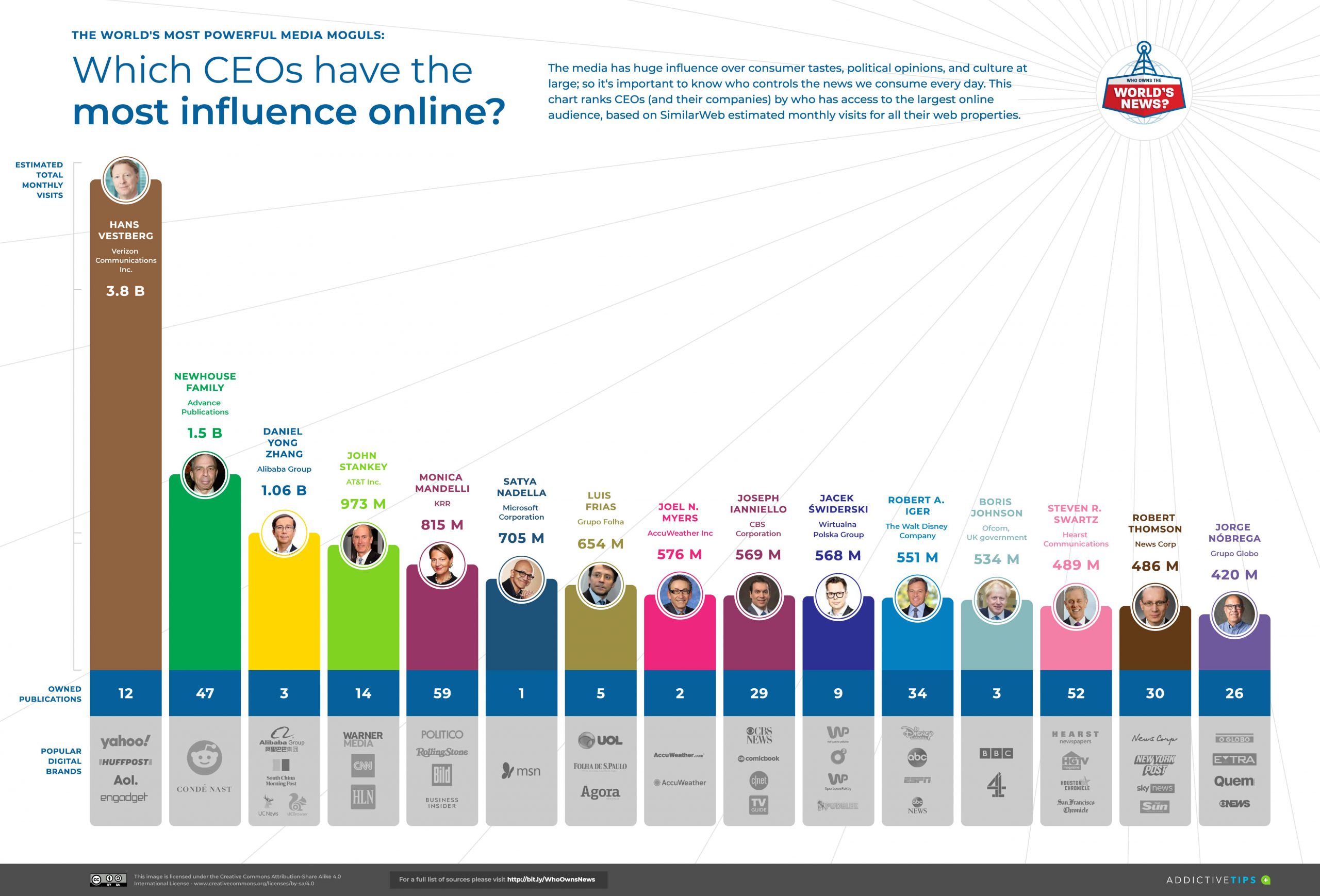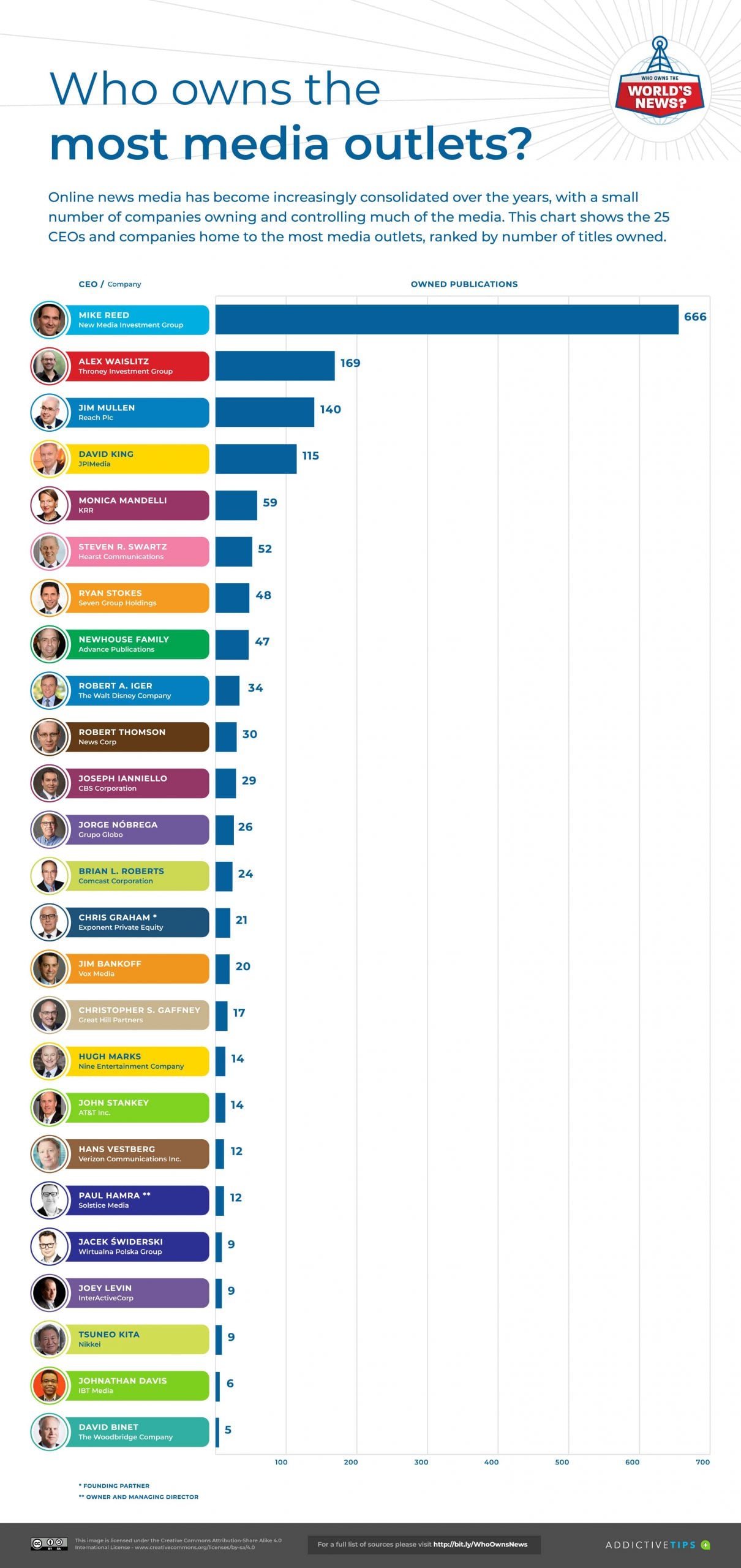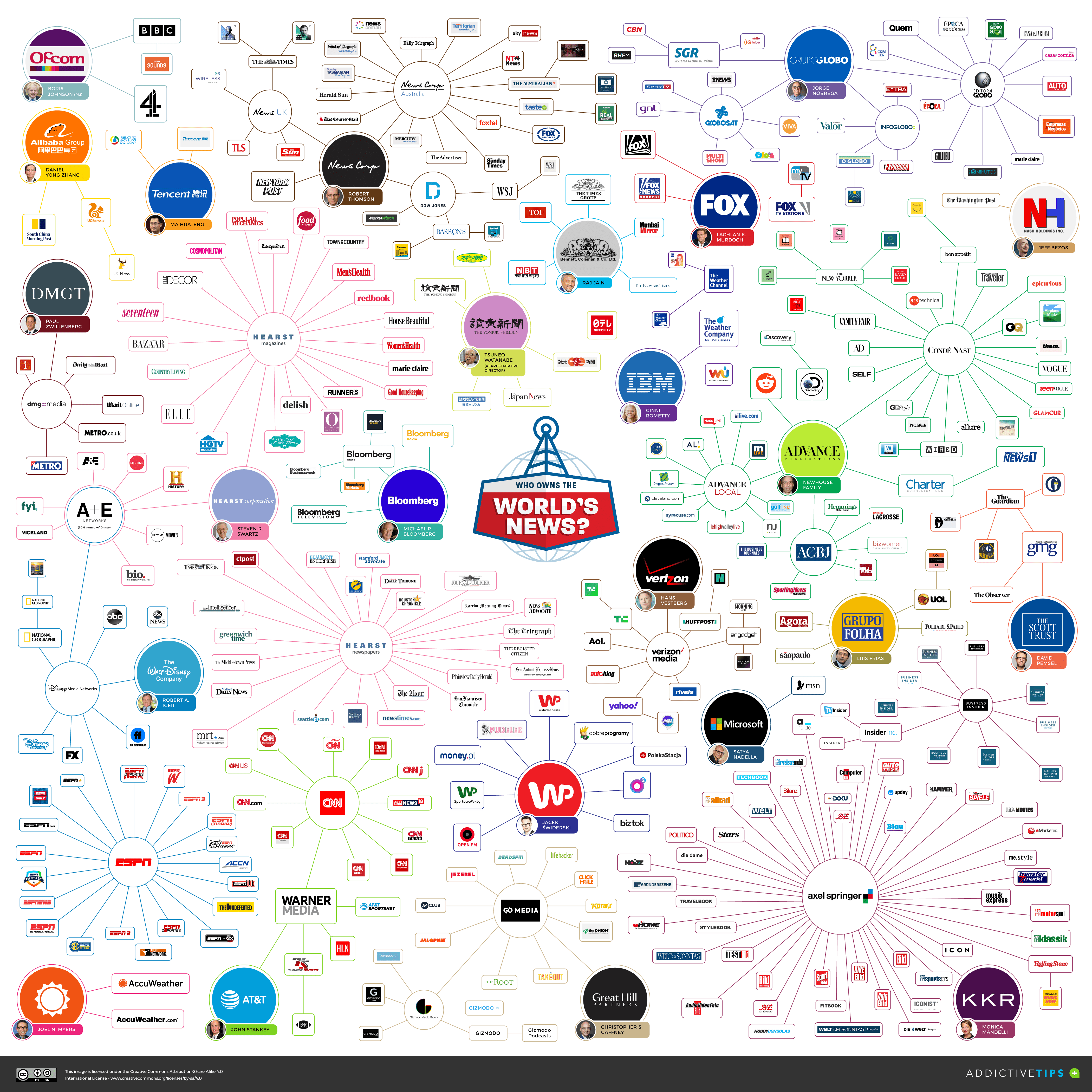Imagine if you could write reality for everyone else. To some degree, that’s just what today’s big news firms do. They source stories that take place out of your direct experience – whether it’s a natural disaster in a far-off land, or a press release from your national leader – and choose which ones to print, and what angle to take. Controversially, the stories printed and reported by the big news outlets have grown become part of a centrally-divined ‘narratives’ created or requested by the powers that be. Elections are swung – and the fate of the most vulnerable citizens decided – by the power and money behind the press.
Q4 2019 hedge fund letters, conferences and more
Smearing Campaigns On The News
Take the recent general election in the UK for example. Since becoming leader of the opposition Labour Party in 2015, Jeremy Corbyn has been subject to an intense, pan-media smear campaign – with up to 75% of press coverage misrepresenting Corbyn and his policies, according to a report from the London School of Economics in the early days of his leadership.
Corbyn “was thoroughly delegitimised as a political actor from the moment he became a prominent candidate and even more so after he was elected as party leader, with a strong mandate,” the researchers found. “This process of delegitimisation occurred in several ways: 1) through lack of or distortion of voice; 2) through ridicule, scorn and personal attacks; and 3) through association, mainly with terrorism.”
Two of the Labour Party’s principles under Corbyn particularly worried the people behind the defamatory headlines. In the first place, he directly spoke of a fairing tax structure that would see some of the wealth hoarded by ‘billionaires’ used to subsidize the most vulnerable and underprivileged of society. And in the second place, Labour was seen as a threat – however non-committal their stance – to Britain leaving the European Union following the so-called Brexit referendum.
Most Influence News Outlet
Rupert Murdoch’s News Corp owns The Sun, The Times, and The Sunday Times, three massively influential newspapers in the UK, with a broad collective readership. His newspapers have rabidly opposed Brexit and the Labour Party. When asked why he was opposed to the European Union, Murdoch is quoted as saying “That’s easy. It's when I go into Downing Street they do what I say; when I go to Brussels they take no notice.”
During the election, analysis by researchers at respected Loughborough University showed that negative coverage of the Labour Party doubled between the 2017 and 2019 elections. Additionally, the press insisted on covering the agenda set by the establishment, favoring Conservative-friendly topics such as Brexit and law and order while steering clear of Labour’s manifesto, which was geared towards health and the environment. Stories about taxation were spun to make it seem that Corbyn’s socialist principles (taxing the super-rich to help balance the UK’s substantial income equality) would hit the pockets of regular people earning a little over the UK’s average wage.
Media Studies
Ahead of the 2020 elections in the US and indeed, our day-to-day understanding of political ‘reality,’ what is the solution? Finland has led the way in nurturing a media-savvy population who see through the lies and spin of the conventional media and Moscow-sponsored bots and disinformation programs. Learning and teaching media studies, critical thinking, and political awareness may be the clearest shot we have at creating a society that is genuinely fair, decent, and democratic. Another useful tool is this guide to who owns the press in the U.S., the U.K., Australia, and the globe.
Take a look, and think twice before you pick up that newspaper – or share a sensational headline, or channel hop to Fox News. And if your kids are in school, encouraging them to engage in media studies may be a way to contribute to a more honest and decent future world in which to fight the battle for goodness, equality, and justice.








